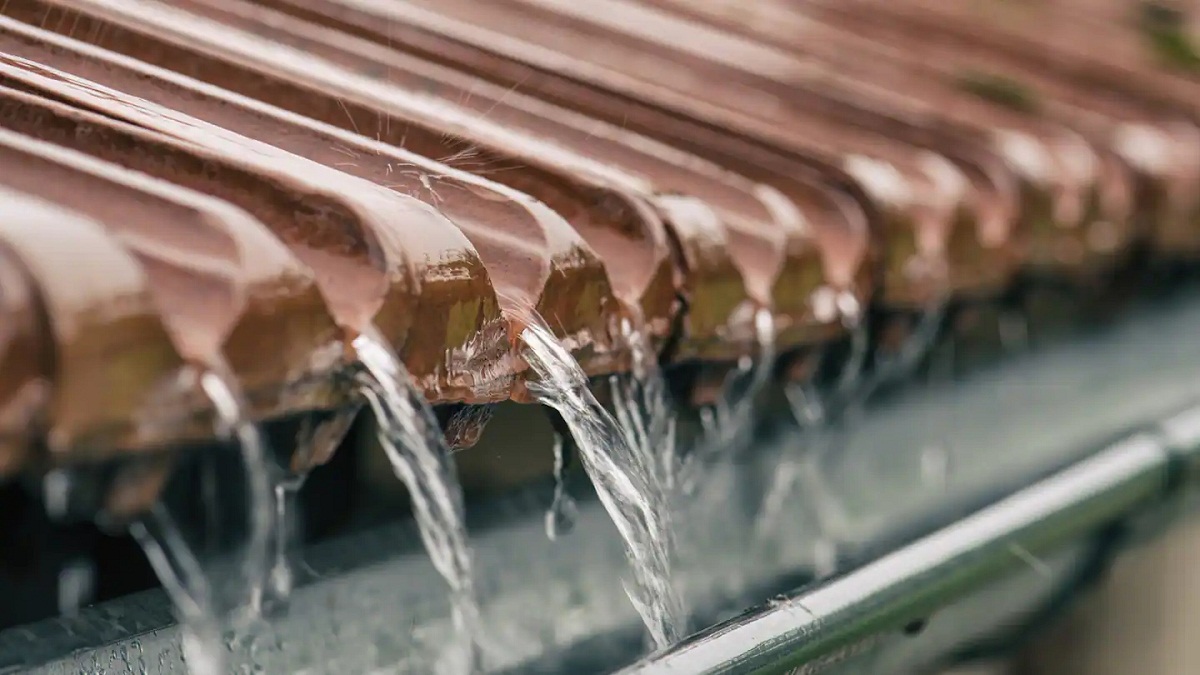

Articles
What Is The Purpose Of Gutters On Your House
Modified: September 2, 2024
Learn about the importance of gutters on your house and how they protect your property from water damage. Read more in our informative articles.
(Many of the links in this article redirect to a specific reviewed product. Your purchase of these products through affiliate links helps to generate commission for Storables.com, at no extra cost. Learn more)
Introduction
Gutters are an essential component of any residential or commercial building. They play a crucial role in maintaining the structural integrity of the property and protecting it from water damage. Despite their importance, gutters are often overlooked and underestimated by homeowners. Understanding the purpose and functions of gutters is key to ensuring the longevity and stability of your home.
Gutters are essentially a trough-like structure that is installed along the edge of the roofline. Their primary function is to collect and redirect rainwater away from the foundation of the building. By doing so, gutters prevent water from seeping into the foundation, basement, or crawl space, which can lead to costly repairs and structural damage.
While it might seem like a simple gutter system, it serves multiple functions that are crucial in preserving the overall condition of your home. In this article, we will delve into the various purposes and benefits of gutters, discuss different types of gutters, and explore the importance of proper installation and maintenance.
The main purpose of gutters is to protect the foundation of your home. As rainwater flows off the roof, gutters collect it and channel it away from the base of the building. Without gutters, water would accumulate around the foundation, gradually weakening it and causing cracks. These cracks can lead to severe structural damage and compromise the stability of the entire building.
In addition to safeguarding the foundation, gutters also prevent basement flooding. When rainwater is not properly directed away from the house, it can seep into the basement, causing water accumulation and potential damage to belongings and infrastructure. A well-functioning gutter system ensures that water is directed away from the house, reducing the risk of basement flooding.
Gutters also play a vital role in preserving your landscaping. Without gutters, rainfall can create a waterfall effect from the roof, eroding the soil and damaging plants, flowers, and shrubs. By redirecting the water flow, gutters protect your landscaping investment, allowing it to thrive and enhance the beauty of your property.
Another crucial function of gutters is their role in preventing water damage to the siding of the house. Rainwater that cascades off the roof can splash onto the exterior walls, leading to discoloration, rotting, and the growth of mold and mildew. Gutters collect the water and safely route it away from the siding, protecting it from unnecessary damage and ensuring its longevity.
Additioinally, gutters help in maintaining your exterior paint. When water is allowed to run uncontrolled down the side of the house, it can strip away the paint, causing the color to fade and the underlying material to deteriorate. By collecting and redirecting rainwater, gutters play a key role in preserving the integrity of your exterior paint job.
Last but not least, gutters are essential in preventing erosion. Without gutters, the forceful flow of rainwater can erode the soil around your house, leading to unstable ground and potential damage to your landscaping and even the foundation. Gutters ensure that water is properly channeled away from the property, preventing erosion and maintaining the stability of the surrounding area.
Now that we have established the fundamental purposes and benefits of gutters, it is important to consider the different types of gutters available, the importance of proper installation and maintenance, and tips for repairing and replacing gutters. By understanding these aspects, you can make informed decisions and ensure that your gutter system functions optimally to protect your home.
Key Takeaways:
- Gutters are more than just a simple addition to your home; they are essential in protecting your property from water damage, preserving its integrity, and enhancing its curb appeal.
- Understanding the purpose, functions, and types of gutters is crucial for making informed decisions about their installation, maintenance, and repair, ensuring the long-term protection and durability of your home.
Read more: What Is A Basement House
Understanding Gutters
Gutters are an integral part of a building’s water management system. They are designed to collect rainwater from the roof and direct it away from the foundation to prevent water damage. Understanding how gutters work and their components can help you make informed decisions about their installation, maintenance, and repair.
The main component of a gutter system is the gutter itself. It is a narrow, trough-like structure that is typically made of materials such as vinyl, aluminum, steel, or copper. The gutter is attached to the edge of the roofline, allowing rainwater to flow into it.
Connected to the gutter are downspouts. These vertical pipes are responsible for carrying the rainwater from the gutters down to the ground or a drainage system. Downspouts are usually located at the corners or ends of the gutters, but they can also be strategically placed based on the layout of the building and its landscaping.
To ensure the proper functioning of a gutter system, gutter hangers and brackets are used. These are fasteners that secure the gutters to the roofline or the fascia board, providing stability and preventing sagging or detachment.
Another important component of gutters is the gutter guards or leaf screens. These are covers or meshes that are installed over the gutters to prevent debris such as leaves, twigs, and small branches from clogging the gutter system. Gutter guards help to maintain a free flow of rainwater through the gutters, reducing the need for frequent cleaning and minimizing the risk of blockages.
Understanding the slope or pitch of the gutter system is also crucial. The slope determines how efficiently the water flows through the gutters and into the downspouts. A minimum slope of 1/4 inch per 10 feet is recommended to ensure proper drainage.
When it comes to gutter sizes, they can vary depending on the amount of rainfall in your area. Larger gutters are typically used in regions with heavy rainfall to accommodate a higher volume of water. The size of the downspouts is also determined by the size of the gutters and the anticipated rainfall intensity.
Lastly, sealants and caulk are used to seal any gaps or joints in the gutter system. This helps prevent leaks and ensures that water flows smoothly through the gutters without any unnecessary seepage.
Overall, understanding the different components of gutters and how they work together is essential in maintaining an effective water management system for your building. Proper installation, regular maintenance, and prompt repairs will ensure that your gutter system functions optimally, protecting your home from water damage and preserving its structural integrity.
Functions of Gutters
When it comes to protecting your home, gutters play a vital role in maintaining its overall integrity and preventing costly damage. Let’s explore some of the key functions of gutters and how they contribute to the well-being of your property.
1. Protecting the Foundation
One of the primary functions of gutters is to protect the foundation of your home. As rainwater falls onto the roof, gutters collect it and channel it away from the base of the building. By directing the water flow, gutters prevent excessive water from seeping into the foundation and causing damage. Without gutters, water accumulation around the foundation can lead to cracks, shifting, and settling, compromising the stability of the entire structure.
2. Preventing Basement Flooding
Gutters also play a crucial role in preventing basement flooding. When rainwater is not properly directed away from the house, it can seep into the basement, causing water accumulation and potential damage to belongings and infrastructure. A well-functioning gutter system ensures that water is directed away from the house, reducing the risk of basement flooding and the associated costs of cleanup and repairs.
3. Preserving Landscaping
Properly functioning gutters help preserve your landscaping investment. Without gutters, rainfall can create a waterfall effect from the roof, eroding the soil and damaging plants, flowers, and shrubs. By redirecting the water flow, gutters protect your landscaping, allowing it to thrive and enhancing the beauty of your property.
4. Avoiding Water Damage to Siding
Another important function of gutters is to prevent water damage to the exterior siding of your home. Rainwater that cascades off the roof can splash onto the siding, leading to discoloration, rotting, and the growth of mold and mildew. Gutters collect the water and safely route it away from the siding, protecting it from unnecessary damage and ensuring its longevity.
5. Maintaining Exterior Paint
Gutters also play a role in maintaining the exterior paint of your home. When water is allowed to run uncontrolled down the side of the house, it can strip away the paint, causing the color to fade and the underlying material to deteriorate. By collecting and redirecting rainwater, gutters preserve the integrity of your exterior paint job, reducing the need for frequent repainting and ensuring a visually appealing home exterior.
6. Preventing Erosion
Gutters are essential in preventing erosion around your home. Without gutters, the forceful flow of rainwater can erode the soil around your house, leading to unstable ground and potential damage to your landscaping and even the foundation. Gutters ensure that water is properly channeled away from the property, preventing erosion and maintaining the stability of the surrounding area.
By understanding these functions of gutters, you can appreciate the significant role they play in protecting your home from water damage, preserving its structural integrity, and enhancing its curb appeal. Regular gutter maintenance and prompt repairs are essential to ensure they continue to function optimally, safeguarding your investment and providing peace of mind.
Regularly clean and maintain your gutters to prevent clogs and ensure proper drainage. This will help protect your home from water damage and maintain the integrity of your foundation.
Different Types of Gutters
Gutters come in a variety of materials, each with its own set of advantages and considerations. Understanding the different types of gutters available can help you make an informed decision when it comes to selecting the best option for your home. Let’s explore some of the most common types of gutters:
1. Vinyl Gutters
One of the most popular and affordable options, vinyl gutters, are made from PVC (polyvinyl chloride) plastic. Vinyl gutters are lightweight, easy to install, and resistant to rust and corrosion. They are available in a range of colors, allowing you to choose a style that complements your home’s exterior. However, vinyl gutters may not be as durable as other materials and can become brittle over time, especially under extreme weather conditions. Additional care should also be taken to prevent sagging due to snow or ice accumulation.
2. Aluminum Gutters
Aluminum gutters are another common option due to their affordability, durability, and lightweight nature. They are resistant to rust and can withstand harsh weather conditions without corroding. Aluminum gutters are available in seamless designs, which minimize the chances of leaks and provide a sleek appearance. These gutters can be easily painted to match your home’s color scheme. However, they may dent or bend under heavy impacts, so caution should be taken during installation and maintenance.
3. Steel Gutters
Steel gutters are known for their strength and durability. They can withstand heavy impacts, making them a suitable option for areas prone to falling debris, such as large tree branches. Steel gutters are available in different gauges, with a heavier gauge offering increased durability. However, steel gutters are susceptible to rust and corrosion, even with protective coatings. Regular maintenance, including painting and addressing any signs of rust, is essential to prolong their lifespan.
Copper gutters offer a unique and elegant aesthetic that can enhance the overall appeal of your home. They develop a beautiful patina over time that adds character to the exterior. Copper gutters are highly durable and resistant to rust and corrosion. They require minimal maintenance and can last for several decades. However, copper gutters are also the most expensive option and may not be suitable for all budgets.
Deciding on the right type of gutter material depends on various factors, including your budget, climate, and aesthetic preferences. It is advisable to consult with a professional to assess your specific needs and make an informed decision. Regardless of the material you choose, regular maintenance and cleaning are essential to keep your gutters functioning properly and extend their lifespan.
Installation and Maintenance
Proper installation and regular maintenance are crucial for ensuring the effectiveness and longevity of your gutter system. Whether you are installing new gutters or maintaining existing ones, here are some key considerations to keep in mind:
Proper Installation:
When it comes to gutter installation, it is essential to hire a professional or follow manufacturer guidelines to ensure proper installation. Properly installed gutters should have the correct slope to allow water to flow freely towards the downspouts. Additionally, gutter hangers and brackets should be securely attached to provide stability and prevent sagging. The downspouts should be strategically placed to direct water away from the foundation and towards a suitable drainage system. Proper installation minimizes the risk of leaks, blockages, and other issues that can compromise the functionality of your gutter system.
Regular Cleaning and Maintenance:
Regular cleaning and maintenance are necessary to keep your gutters in optimal condition. Leaves, twigs, and other debris can accumulate in the gutters, obstructing the water flow and causing blockages. It is recommended to clean your gutters at least twice a year, ideally in the spring and fall. Use a sturdy ladder and wear protective gloves to remove the debris by hand or use a gutter cleaning tool. Flush the gutters with water to ensure proper drainage. Regular maintenance also includes checking for leaks, loose fasteners, and any other signs of damage. Promptly addressing these issues will help prevent further damage and ensure the optimal performance of your gutter system.
Repairing and Replacing Gutters:
Over time, gutters may develop issues that require repair or replacement. Damaged or leaking gutters should be promptly addressed to prevent water damage to your home. Small leaks can often be patched using gutter sealant or caulking. However, if the damage is extensive or the gutters are old and worn, it may be necessary to replace them. When replacing gutters, consider the type of material, size, and proper installation to ensure the longevity and efficiency of your new gutter system. It is advisable to consult with a professional to assess the condition of your gutters and provide expert advice on repair or replacement options.
By investing in proper installation, regular maintenance, and timely repairs, you can extend the lifespan of your gutters and ensure their optimal functionality. Well-maintained gutters protect your home from water damage, prevent foundation issues, maintain the integrity of your landscaping, and preserve the overall value and appearance of your property. Don’t underestimate the importance of gutter maintenance, as it plays a significant role in the long-term protection and durability of your home.
Read more: Where To Put Gutters On House
Conclusion
Gutters may seem like a small and insignificant aspect of your home, but they play a critical role in protecting your property from water damage and maintaining its overall integrity. Understanding the purpose and functions of gutters is essential in ensuring their optimal performance and making informed decisions about their installation, maintenance, and repair.
Gutters serve multiple functions, including protecting the foundation of your home from water damage, preventing basement flooding, preserving your landscaping investment, avoiding water damage to siding, maintaining the exterior paint, and preventing erosion. Each of these functions contributes to the long-term stability, value, and appearance of your property.
When it comes to choosing gutters, there are various types available, such as vinyl, aluminum, steel, and copper. Each material has its own set of benefits and considerations, including cost, durability, and aesthetic appeal. Considering factors such as your budget, climate, and personal preferences will help you select the best option for your home.
Proper installation and regular maintenance are vital for ensuring the effectiveness of your gutter system. Hiring a professional for installation and performing routine cleaning and maintenance will help prevent blockages, leaks, and other issues that can compromise the functionality of your gutters. Taking prompt action to repair or replace damaged gutters is also necessary to prevent further water damage to your home.
As you maintain and care for your gutters, you are safeguarding your property from potential water-related issues, reducing the risk of costly repairs, preserving the structure and foundation of your home, and enhancing its curb appeal. Regular gutter maintenance is an investment in the longevity and value of your property.
In conclusion, gutters are not just a simple component of your home’s exterior, but a crucial element in protecting your investment and ensuring the longevity of your property. By understanding their purpose, selecting the right type, and maintaining them properly, you can enjoy a functional and efficient gutter system that safeguards your home from water damage for years to come.
Frequently Asked Questions about What Is The Purpose Of Gutters On Your House
Was this page helpful?
At Storables.com, we guarantee accurate and reliable information. Our content, validated by Expert Board Contributors, is crafted following stringent Editorial Policies. We're committed to providing you with well-researched, expert-backed insights for all your informational needs.
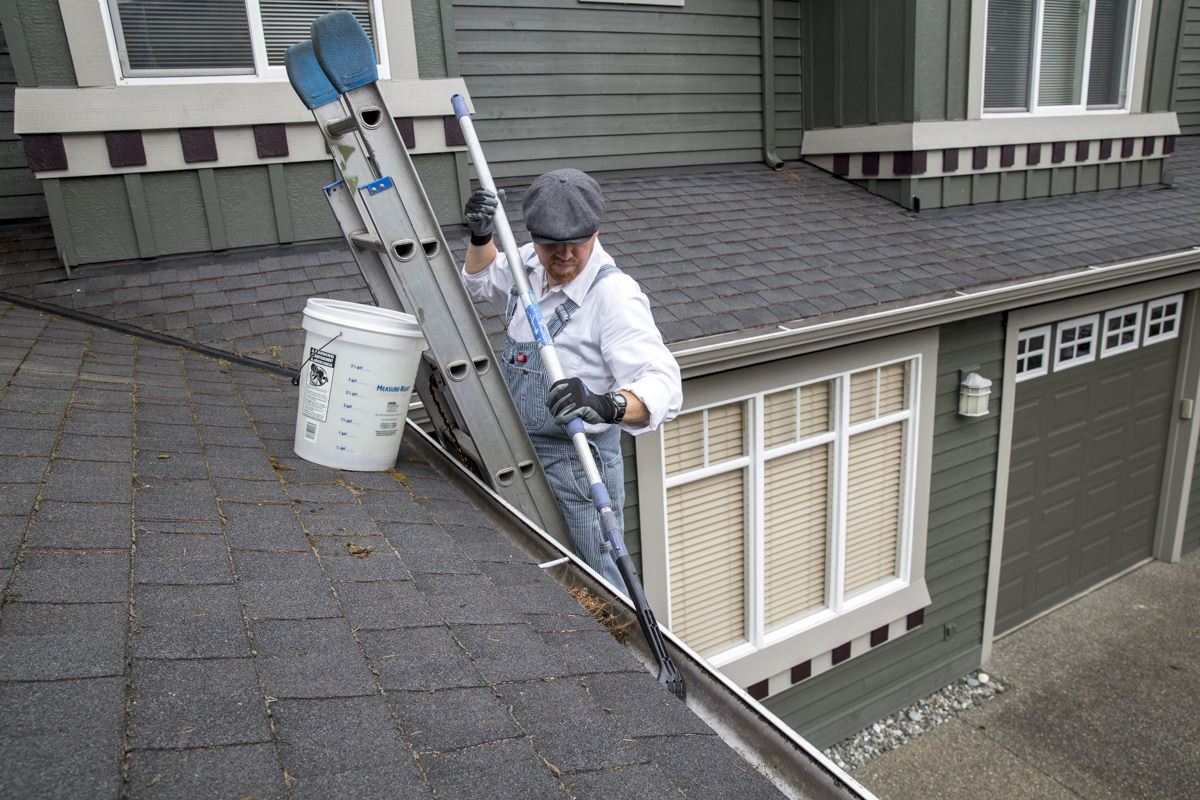

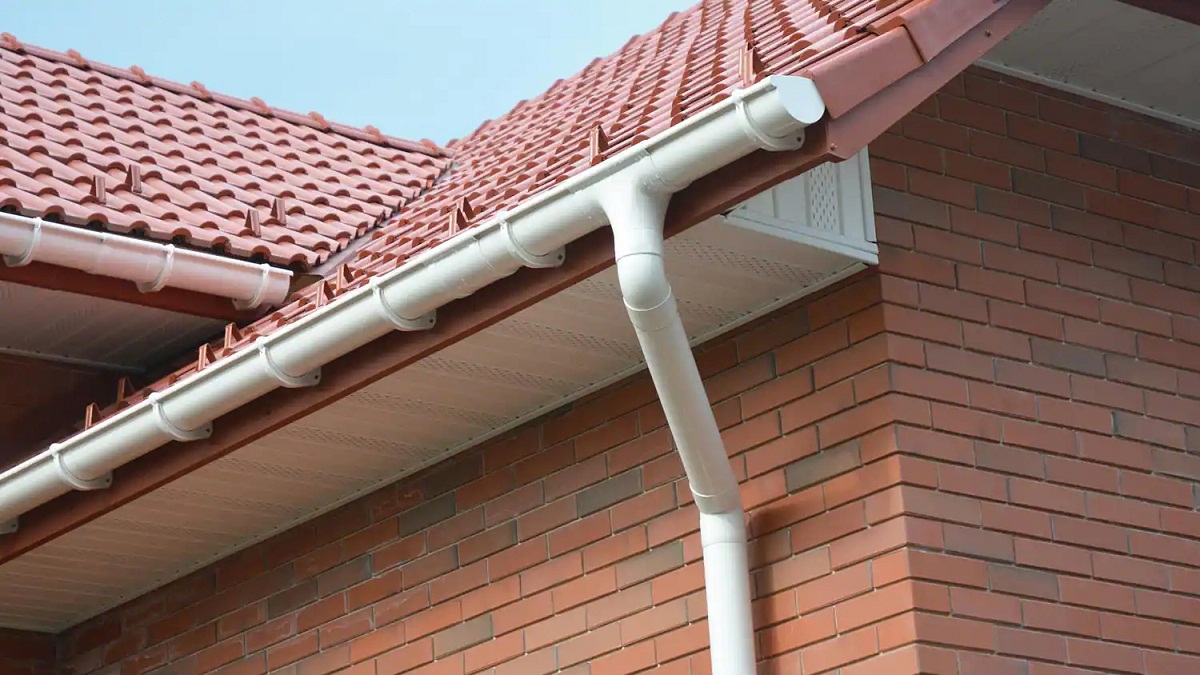
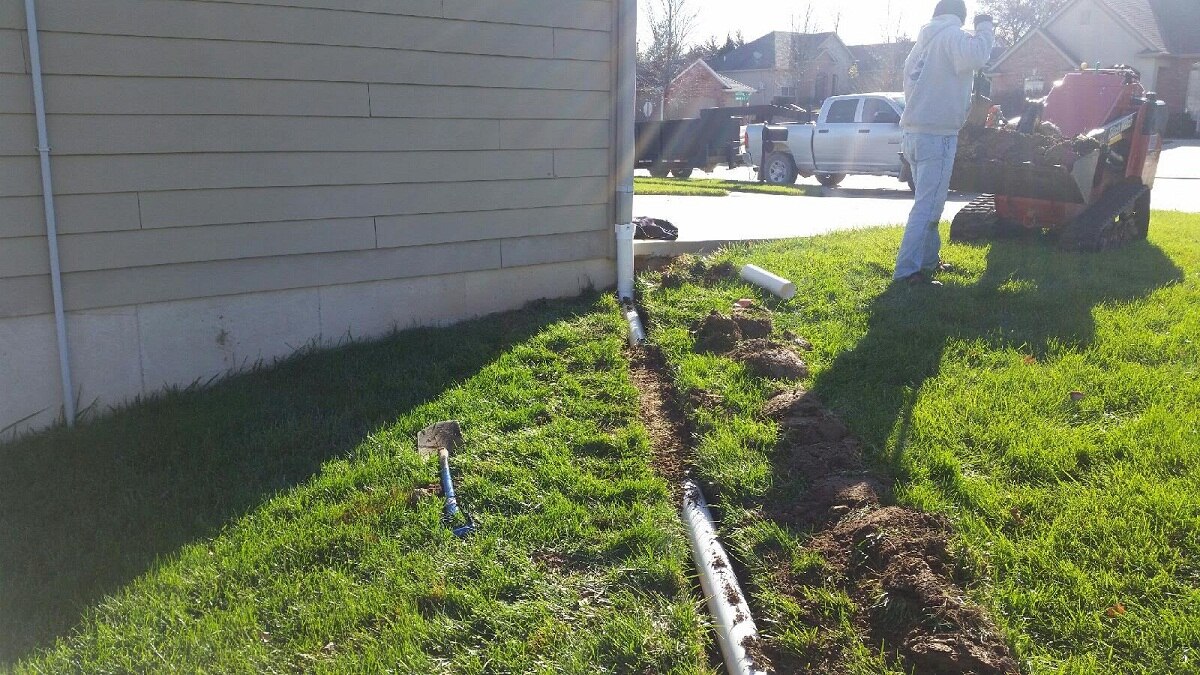



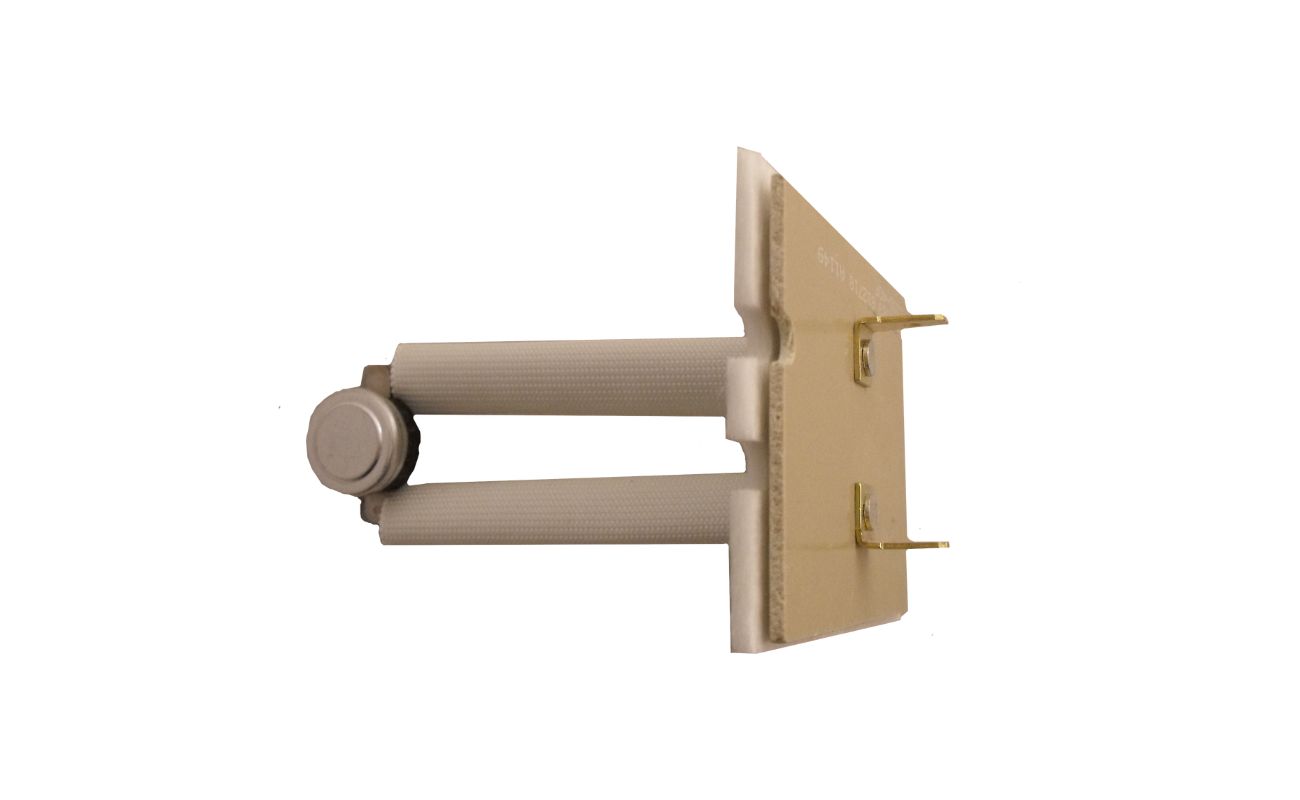



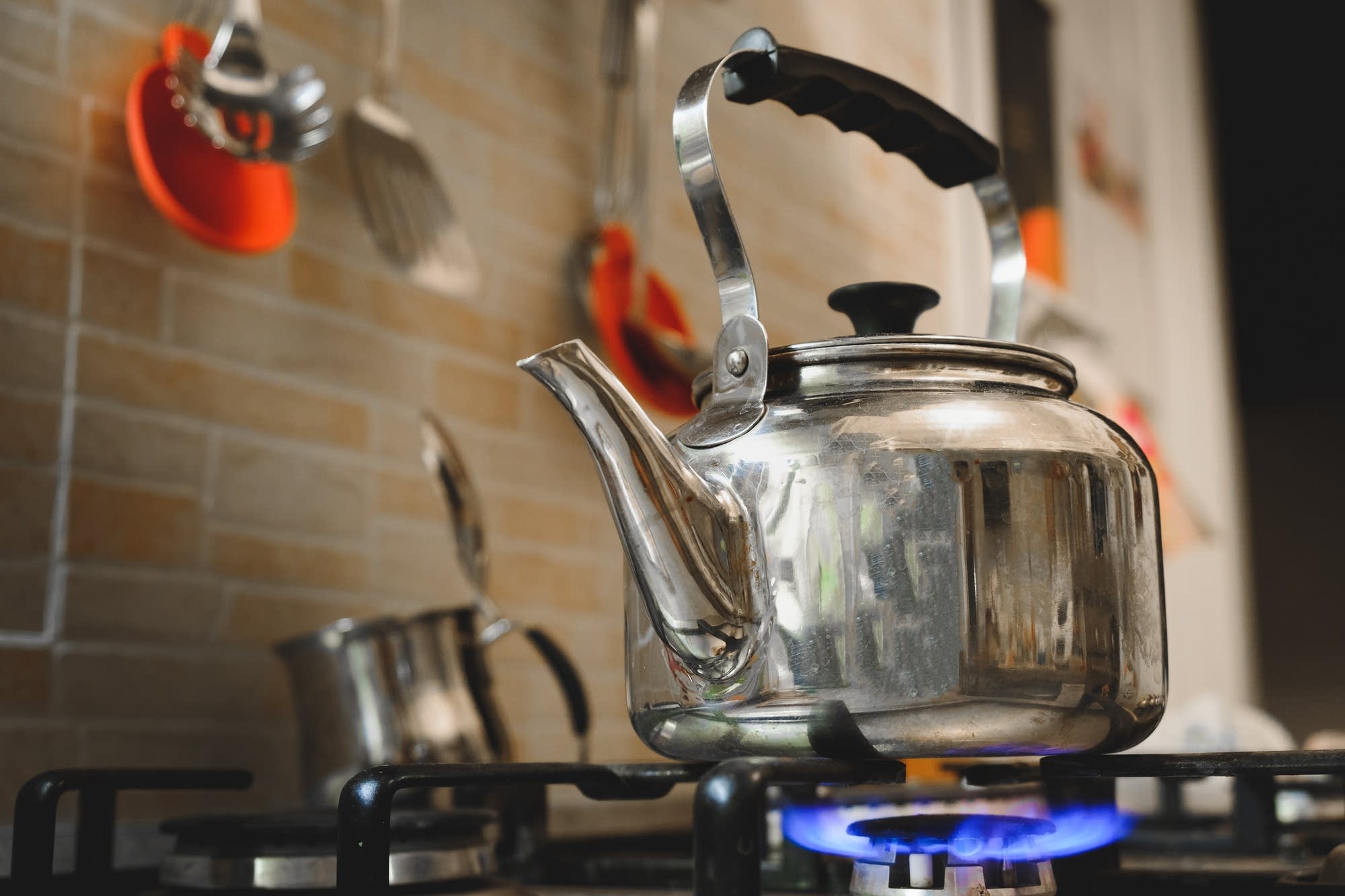
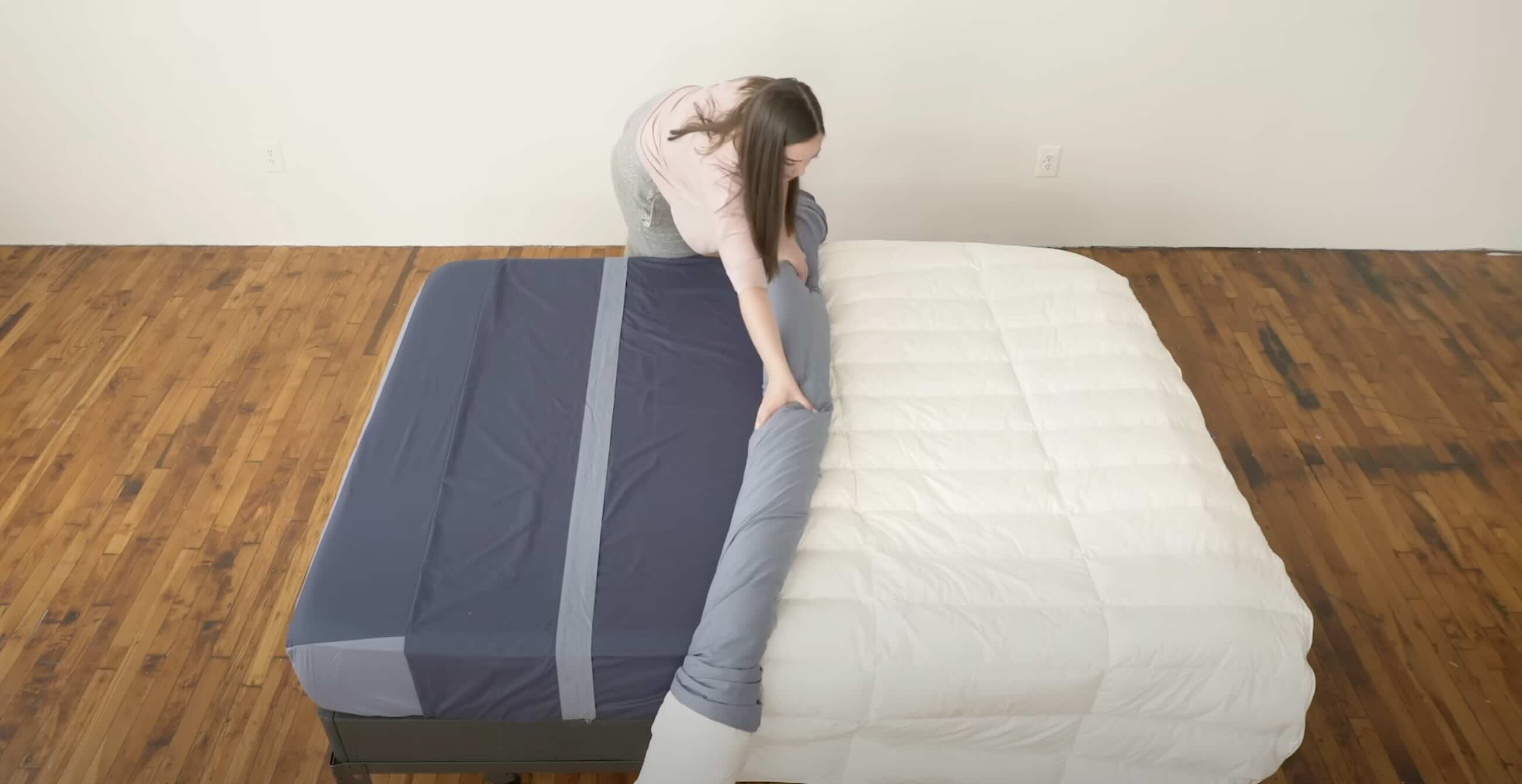


0 thoughts on “What Is The Purpose Of Gutters On Your House”